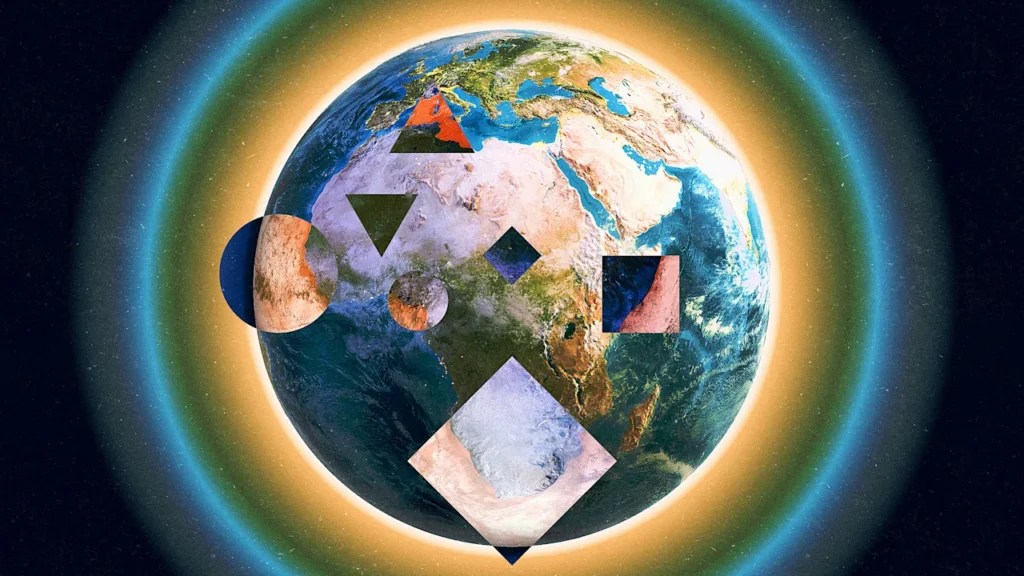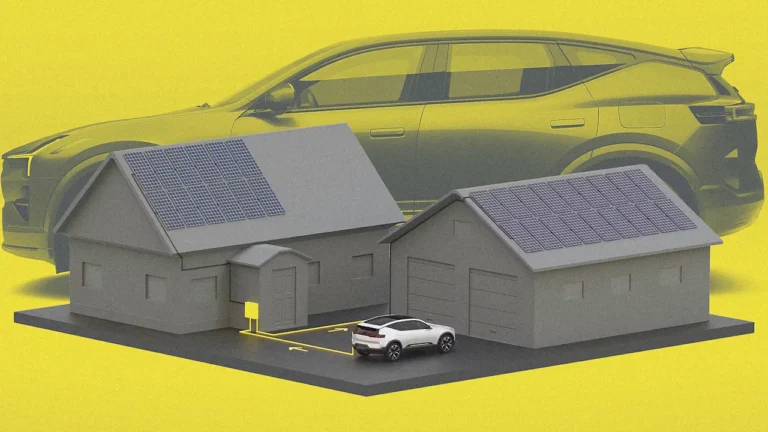
Africa’s official maps are stuck in the past, often either outdated, incomplete—or both. But governments don’t have the budgets to fix them, making it difficult to complete projects as complex as deciding where to put new solar plants to as simple as delivering a package. Now a new plan is underway to map the entire continent using satellite data and AI.
“Maybe 90% of African countries don’t have access to an accurate current base map for their country,” says Sohail Elabd, global director of emerging markets at Esri, the mapping company behind the Map Africa Initiative.
At a United Nations event last year, Elabd met the heads of national mapping departments from around 30 African countries. Nearly all said they didn’t have accurate base maps—the foundational maps that are critical for everything from urban planning to disaster response. “Everyone was complaining that they’re struggling,” he says. “They had no funding.”
On the plane ride home, he started thinking about what satellite data could make possible. Traditionally, mapping a country required flying specialized planes with sensors and cameras over the land for a month or more, along with extensive data collection on the ground. “Usually it’s a very costly process and time consuming,” says Elabd.
Now AI can analyze satellite data and create detailed maps at a fraction of the cost. The new project will train AI to recognize features across different terrains, from roads in the desert to homes in the rainforest. Then it will produce base maps that include physical features of the landscape, buildings and roads, and geographic boundaries.
The project will also map additional layers, from agricultural fields to urban infrastructure and vegetation. It’s possible to map not only where farms or trees are located but also to analyze the type of crop and the species of each individual tree. While satellite data and AI are already used in mapping, the continent-wide scale of the project is unprecedented.
The maps can help governments update land registries and plan everything from where to best deploy wind and solar farms to port infrastructure improvements. They can help make navigation systems more accurate. And in parts of Africa where standard addresses don’t exist—making it hard to make deliveries or deploy emergency services—the new maps can give governments the details they need to create address systems.
The project will launch early next year, with Space42, a UAE-based space tech company, providing satellite data, and Microsoft supplying cloud infrastructure and the AI framework. Each African country must submit an official request to participate. After the AI is trained, updating the maps will become significantly cheaper, and each country will receive a data management system for annual or biannual updates.
The same approach can help other areas that have gaps in map data, including South America and parts of Asia. Elabd notes, “The platform we are building for Africa is designed to be reusable and cost-effective for other regions, and it can produce base maps anywhere in the world.”
